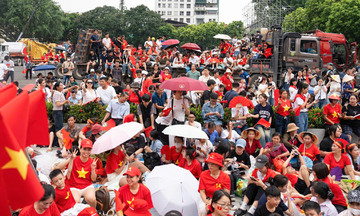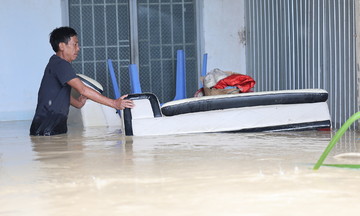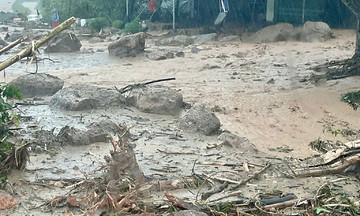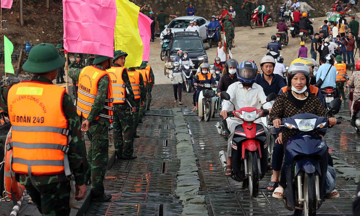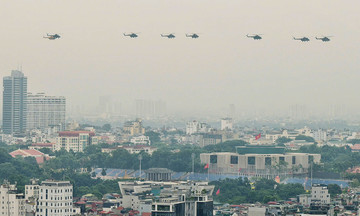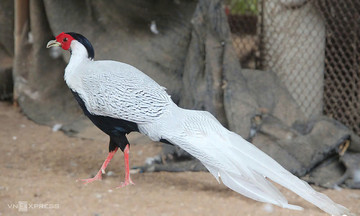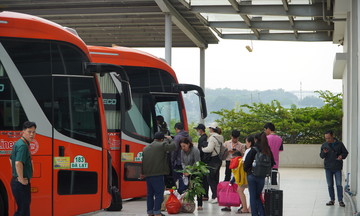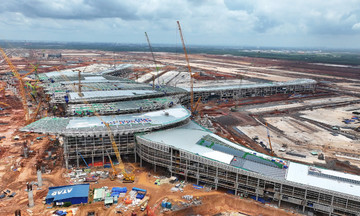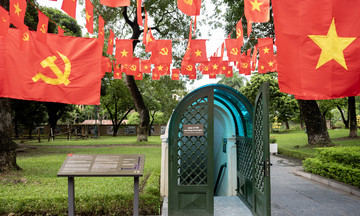On 24/6, the National Assembly passed amendments to the Vietnamese Citizenship Law. The new law stipulates that foreign citizens and stateless individuals who apply for Vietnamese citizenship can be granted citizenship if they have full civil act capacity. This requirement is waived for minors applying with their Vietnamese parent(s).
Applicants must also abide by the Constitution and laws of Vietnam, respect Vietnamese culture and traditions, and have sufficient Vietnamese language proficiency for community integration. They must have resided in Vietnam for at least 5 years at the time of application and be able to support themselves financially in Vietnam.
The residency, language, and financial self-sufficiency requirements are waived for applicants who have a Vietnamese spouse or child, parent(s) or grandparent(s) who are Vietnamese citizens; or who have made special contributions to the nation or whose citizenship would benefit the state.
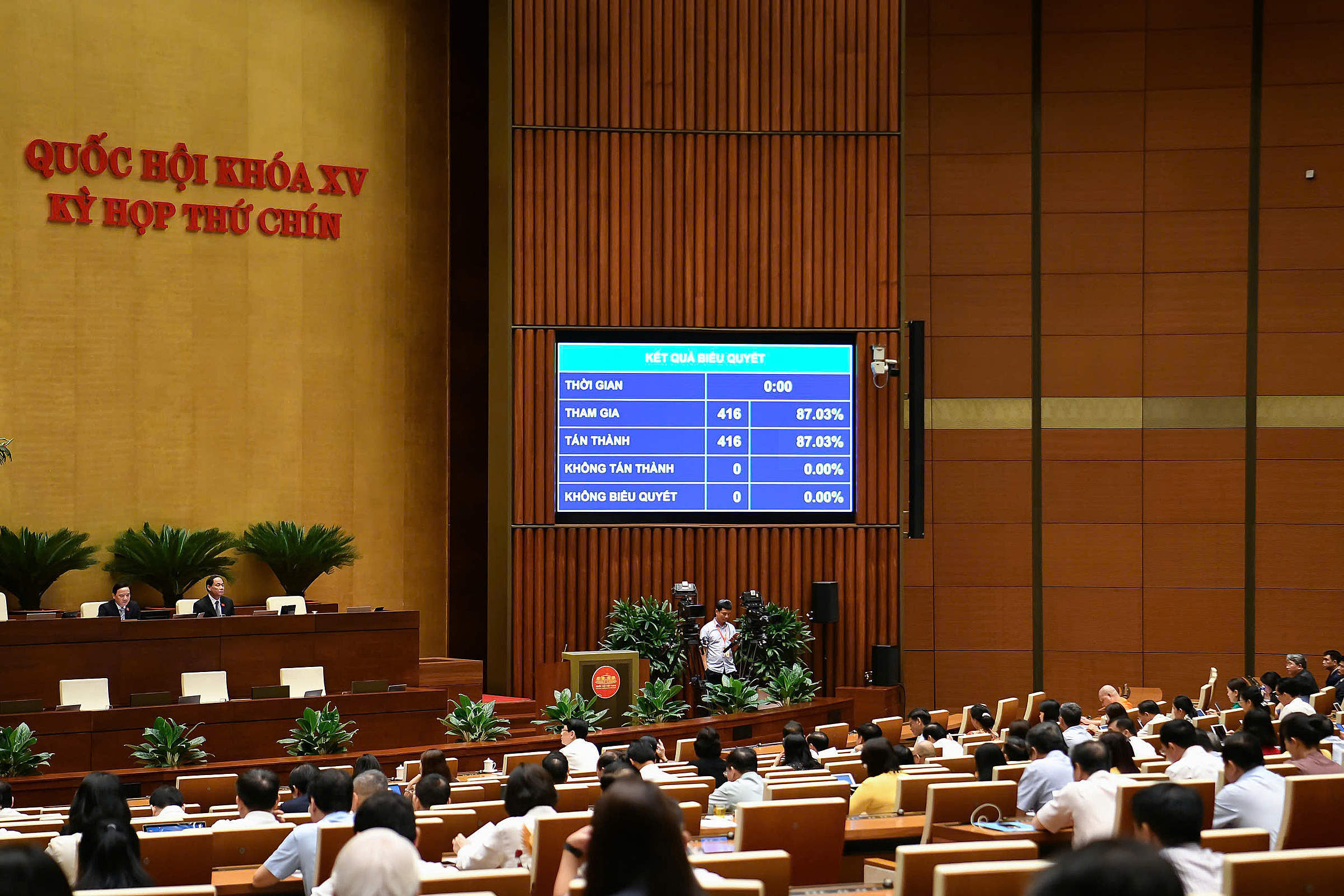 |
The National Assembly passed amendments to the Vietnamese Citizenship Law on 24/6. Photo: National Assembly Portal |
The National Assembly passed amendments to the Vietnamese Citizenship Law on 24/6. Photo: National Assembly Portal
Minister of Justice Nguyen Hai Ninh said the previous citizenship law had stringent requirements. The amended law creates more favorable conditions for foreign investors, scientists, and experts to acquire Vietnamese citizenship, aiming to attract high-quality human resources.
The state also allows dual citizenship for those who have Vietnamese relatives and receive permission from the President. These individuals can submit their applications at Vietnamese representative offices abroad if they reside overseas.
Non-Vietnamese names permitted
The law states that citizenship applicants must have a Vietnamese name or a name in another ethnic language of Vietnam. Those seeking dual citizenship can choose a combined Vietnamese and foreign name. The chosen name will be recorded in the citizenship decision.
During prior discussions, some National Assembly delegates suggested allowing Vietnamized names or original names to facilitate international integration, rather than mandating Vietnamese names.
Public servants restricted to single citizenship, with exceptions
The law stipulates "single Vietnamese citizenship and permanent residency in Vietnam" for four groups, with exceptions only for public servants to attract exceptional talent beneficial to the state.
Specifically, those nominated, elected, ratified, appointed, or designated to hold term-based positions within Party, State, Vietnam Fatherland Front, or socio-political organizations at central and local levels; those working in cryptography; and those serving in the armed forces, must hold only Vietnamese citizenship and reside permanently in Vietnam.
Public servants are generally restricted to single citizenship, unless dual citizenship benefits the state without harming Vietnam's national interests, and they maintain permanent residency in Vietnam. The National Assembly has tasked the government with detailing this provision.
Son Ha



